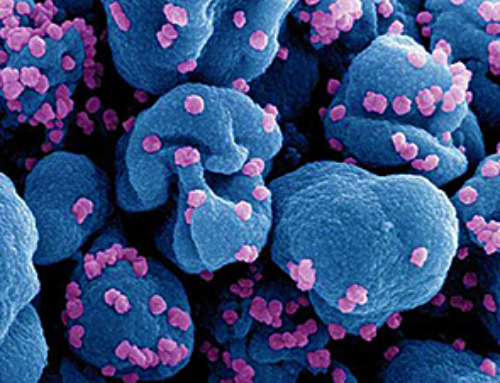Bank of America and Harvard University have collaborated on a new initiative designed to make the complex technologies behind artificial intelligence (AI) and machine learning (ML) more universally beneficial and accessible to the global workforce. The mission of the newly formed Council on the Responsible Use of Artificial Intelligence is to address issues of policy and ethics, thereby enabling industries and the individuals who drive them to keep pace with the rapidly evolving interface between people and machines.
Through the development of best practices and by maintaining a transparent dialogue, the Council strives to leverage the speed and convenience that AI and ML can provide industries such as finance, healthcare, retail, manufacturing and others. Bank of America’s chief operations and technology officer, Cathy Bessant, is a founding member of the council, which was formed in April 2018.
“I started thinking about the implications of the potential uses for artificial intelligence about 18 months ago,” she explained. “A huge piece of this is my own workforce here at Bank of America. In the face of ever-increasing technological change, how do we keep a workforce engaged and motivated? How are we thinking proactively about career development and career transformation? Can somebody who processes [data] manually today learn artificial intelligence, or learn how to manage a team of bots or machines that create outcomes in place of people?”
Therein lies the rub with artificial intelligence in a world that may not be quite ready for its benefits and, as some would say, possible pitfalls. While AI possesses vast potential for simplifying our lives, Bessant’s concerns are validated by the fact that many people view it as a threat to their livelihoods, creating skepticism and, in extreme cases, fear.
To help change the current ideology, the Council was formed to research the latest developments in this emerging technology and to educate the populace on its legal and moral implications, as well as to develop better, more useful and responsible ways to utilize a gift that is still widely misunderstood.
Image Credit: From the article on pymnts.com
News This Week
Scientists Melt Cancer’s Hidden “Power Hubs” and Stop Tumor Growth
Researchers discovered that in a rare kidney cancer, RNA builds droplet-like hubs that act as growth control centers inside tumor cells. By engineering a molecular switch to dissolve these hubs, they were able to halt cancer [...]
Platelet-inspired nanoparticles could improve treatment of inflammatory diseases
Scientists have developed platelet-inspired nanoparticles that deliver anti-inflammatory drugs directly to brain-computer interface implants, doubling their effectiveness. Scientists have found a way to improve the performance of brain-computer interface (BCI) electrodes by delivering anti-inflammatory drugs directly [...]
After 150 years, a new chapter in cancer therapy is finally beginning
For decades, researchers have been looking for ways to destroy cancer cells in a targeted manner without further weakening the body. But for many patients whose immune system is severely impaired by chemotherapy or radiation, [...]
Older chemical libraries show promise for fighting resistant strains of COVID-19 virus
SARS‑CoV‑2, the virus that causes COVID-19, continues to mutate, with some newer strains becoming less responsive to current antiviral treatments like Paxlovid. Now, University of California San Diego scientists and an international team of [...]
Lower doses of immunotherapy for skin cancer give better results, study suggests
According to a new study, lower doses of approved immunotherapy for malignant melanoma can give better results against tumors, while reducing side effects. This is reported by researchers at Karolinska Institutet in the Journal of the National [...]
Researchers highlight five pathways through which microplastics can harm the brain
Microplastics could be fueling neurodegenerative diseases like Alzheimer's and Parkinson's, with a new study highlighting five ways microplastics can trigger inflammation and damage in the brain. More than 57 million people live with dementia, [...]
Tiny Metal Nanodots Obliterate Cancer Cells While Largely Sparing Healthy Tissue
Scientists have developed tiny metal-oxide particles that push cancer cells past their stress limits while sparing healthy tissue. An international team led by RMIT University has developed tiny particles called nanodots, crafted from a metallic compound, [...]
Gold Nanoclusters Could Supercharge Quantum Computers
Researchers found that gold “super atoms” can behave like the atoms in top-tier quantum systems—only far easier to scale. These tiny clusters can be customized at the molecular level, offering a powerful, tunable foundation [...]














Leave A Comment